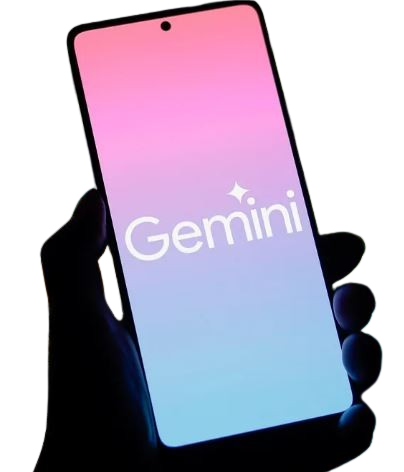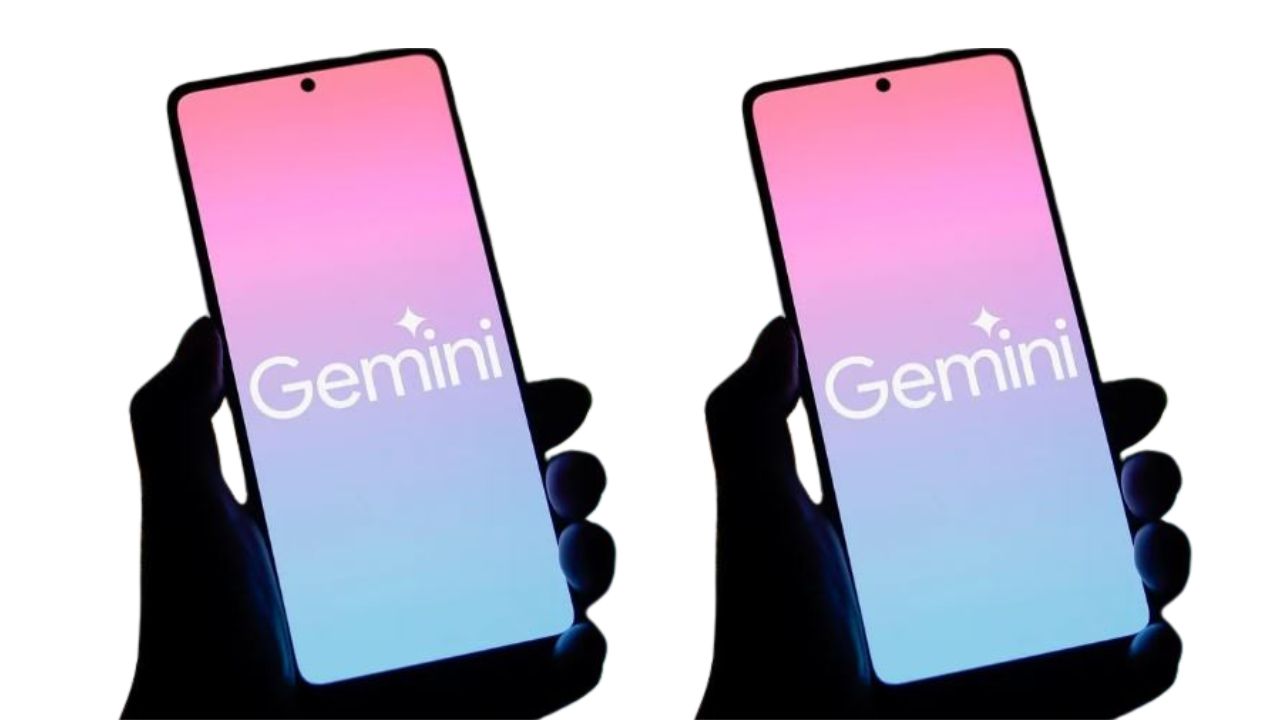Google Pixel’s AI Image Creator Prompts a Surge in Deepfakes

Stay informed about the fast-changing landscape of AI with our summary of this week’s advancements.
Google is moving forward with its AI-driven outlook for the future. This week, the company revealed upgraded versions of its Pixel devices—including its smartphone, smartwatch, and earbuds—incorporating generative AI features fueled by its Gemini chatbot.
As Tuesday’s Made by Google keynote began, the tech powerhouse spent the initial thirty minutes promoting Gemini, even showcasing AI enhancements on various Android devices, including the Samsung Galaxy S24 Ultra, before ultimately introducing the Pixel 9 series.
Welcome to the era of hardware launches influenced by AI, where eagerly awaited devices are overshadowed at their own event.
The Pixel 9 upgrade features a new chipset, increased RAM, an upgraded ultrawide camera with a higher resolution, a larger battery, and a marginally bigger display. Additionally, it runs on an AI-driven Android 14 operating system that offers a range of functionalities, “from AI-created weather reports to a novel image generation application named Pixel Studio for instant photo creation,”
One of the notable new functionalities is an application named Pixel Screenshots, which enables users to inquire about screenshots saved on their device. While this may not seem particularly thrilling, consider how often you’ve captured a screenshot for future use—like a Wi-Fi password for your Airbnb or an address from a message,” Eadicicco noted. “The Pixel Screenshots app allows you to locate those specific pieces of information whenever you require them.”
She also highlighted a new feature on the phone that could pique the interest of many. Named Add Me, this function is designed to assist with capturing group photos. You take two pictures, and in the second one, the initial photographer exchanges places with another person to be included in the group shot.
An augmented reality overlay indicates where the original photographer should be positioned, ensuring that when the two images are combined, everything appears seamless. Quite impressive, don’t you think?
Google’s Pixel smartphones (such as the 9, 9 Pro, and 9 Pro XL) are making their debut as the company’s competitors gear up to enhance their AI capabilities. According to market research firm IDC, the delivery of generative AI smartphones—devices equipped with features designed for operating on-device generative AI models—is expected to increase by 364% compared to the previous year in 2024.
In July, Samsung, the leading smartphone manufacturer globally, incorporated AI into its well-known Galaxy Z series as part of a collection of services and functionalities referred to as Galaxy AI.
Apple announced in June that its upcoming iteration of the widely popular iPhone, usually launched in September, will feature AI integrated into the iOS operating system as part of a new initiative it is calling Apple Intelligence.
Google’s Pixel, on the other hand, continues to be “a specialized contender in the smartphone industry,” holding a market share of under 5%, as stated by research company Statista.
“We’re passionate about the concept that AI has the potential to enhance daily life and boost productivity for individuals,” stated Rick Osterloh, the Google executive in charge of the Pixel series, during the Made by Google event. “The key area to perfect this is within the devices we use every day.”
For Tech Videos Subscribe this Channel
Read more articles like this
For More Tech videos Subscribe
Read more articles like this
-
How to Delete or Deactivate Instagram Account From Your Phone or Desktop
-
Search with Google Lens : How to Enable Google Lens Feature in Google Chrome
-
Samsung Galaxy S24 Ultra Record Low Price
-
How to Connect and Pair Your Samsung Galaxy Ring to Any Android Phone




